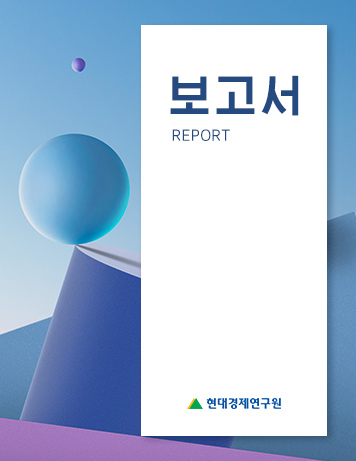On April 22, for the first time since Premier Pak Pong Ju took office as the new Premier of the DPRK Cabinet, North Korea held an extended cabinet plenary meeting. Cabinet members discussed a variety of topics including the economy, enhancing nuclear capability for military purposes, advancing the party line, the results of the National Light Industry Convention, the first quarter assessment of the People’s Economic Development Plan, and adjustments to be made to the People’s Economic Development Plan during the second quarter.
The meeting has spurred interest in what economic breakthroughs will be made under Premier Pak’s direction. While this was only the first extended meeting held since Premier Pak became premier, there appeared to be no fundamental changes in the party line. The results from the last Politburo extended meeting regarding the National Light Industry Convention and the advancement of the party line in the areas of economics and the nuclear program were mirrored in the cabinet meeting. At the meeting, cabinet members emphasized groundbreaking measures that would contribute to improving the lives of the North Korean people.
At the Light Industry Convention, Kim Jong Un ordered for the normalization of operations of factories that produce consumer goods. As Pak was the official in charge, it is likely that he demanded for specific plans to stabilize production.
At the extended cabinet meeting, measures in response to the international sanctions against the country were also discussed. The KCNA reported the results of the meeting: “Foreign economic business must be strengthened to destroy the blockade of the US imperialists and their followers and put forth tasks and measures to explore favorable conditions to become an economic powerhouse.”
In order to avoid the sanctions of the international community, North Korea must continue foreign trade with China and other countries, as covertly as possible.
With respect to the contents of the meeting, Minju Choson, the state-run North Korean government newspaper, reported that “specific plans were discussed to expand the fuel production and restart Yongbyon GMR (graphite moderated reactor), and educational programs for nuclear experts.” In addition, plans for the development of practical and communications satellite were established and reaffirmed in order to continue the launch of long-range ballistic missiles.
North Korea's long-range missiles, restart of the Yongbyon nuclear facility, and uranium exploration are under the control of the Second Economic Commission, military defense (military economy affairs), not the Cabinet. The Second Economic Committeeis the central coordinating body of the DPRK's military-defense industry. Yet, the cabinet declared its decision to continue nuclear and missile launches at the cabinet meeting. This would suggest that the cabinet is supportive of Kim Jong Un’s “byungjin line,” or policy of pushing forwarding economic construction and the building of a nuclear force.
Expectations that cabinet reform would be mentioned did not come to fruition. There is a probability that Premier Pak is preparing to implement in earnest the ‘6-28 Economic Management Improvement Policy’ which has been in the works internally since last year.
North Korean leader Kim Jong Un, since delivering the New Year’s Address last January, has promoted Premier Pak as the leader most qualified to execute plans to make North Korea an economic power. However, it is unclear whether Premier Pak will be able to meet such a challenge given the limited reforms in progress and the deterioration of the external situation. On the other hand, Premier Pak chose a cooperative farm for his first site visit which suggests that the North Korean cabinet may con



